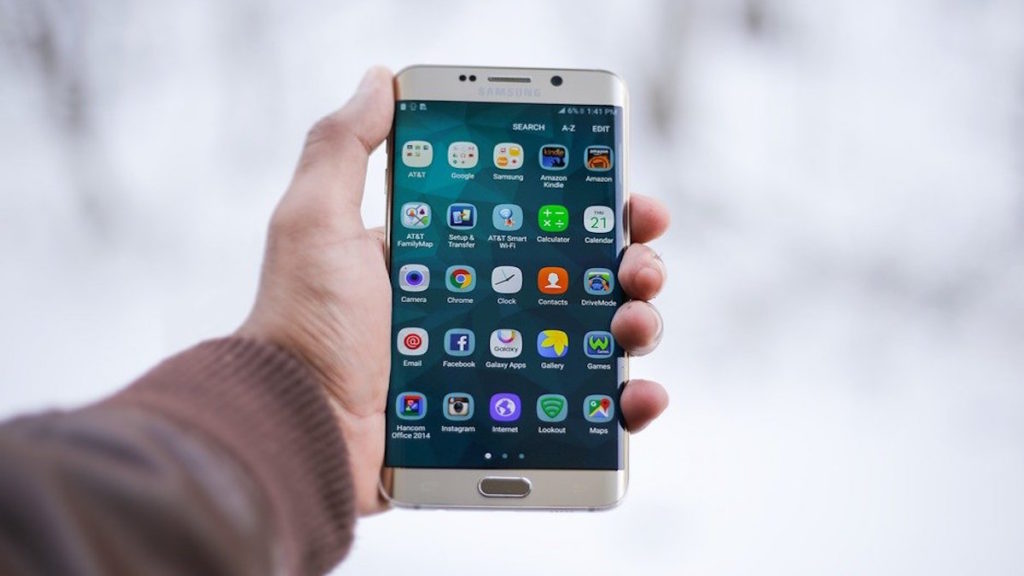Featured image by Pexels on Pixabay
Gadgets enable businesses to influence potential buyers through handy mobile applications. Even the most basic effort of streamlining support and/or transactions via an app results in great benefits nowadays. A custom application development company can lay the authentic foundation for the future infrastructure that would cost-efficiently drive your digital services.
Still, whichever provider you choose to collaborate with, mobile app development is always a complex, multi-layered process that requires man-hours and specialists (i.e., costs and expenses).
RELATED ARTICLE: 3 TIPS TO REMEMBER WHEN BUILDING A CLOUD-READY APPLICATION
What Sets the Price?
The ultimate cost of developing a mobile application is shaped by various factors that clients do not always know about. Moreover, in different countries, it can predictably differ. So, it is important to determine the type, required features of the application, development time, and cost per hour of programmers’ work.
Development Stages
The major stages of creating a new mobile app usually include:
- Research and evaluation. This includes analyzing the market and target audience, building a marketing strategy, and assessing the cost of the future application.
- Prototyping and design. At this stage, a prototype of the application is created. As will the design, taking into account the client’s wishes and the characteristics of the product.
- Programming
- Testing
- Release and support
RELATED ARTICLE: SOFTWARE DEVELOPMENT 101: THE BASICS OF CUTTING COSTS
App Type
The most fitting type of a future mobile app is usually chosen based on the TA demands. The average cost in the current global market varies:
- PWA solutions start at $3,000
- Native apps start at $8,000
- Cross-platform products start at $10,000
The coding framework is selected based on the analysis of user requirements. The price for the same product will differ from developer to developer, since different technologies may be involved.
In terms of the overall complexity, apps can be subdivided into three major groups:
- Basic. A humble tech stack is required to implement a simple design, with the whole development phase taking around 2 months and costing from $3,000.
- Semi-complex. A wider range of features implemented in terms of about 3 months, costing from $5,000.
- Complex. High-performance apps that require several specialist qualifications and take approximately 5-6 months to finish, with the cost starting at $10,000.
Picking a software development provider, on top of the rates/pricing, check the portfolio, collaboration models, and client reviews.
Functionality
The more features there are, the more difficult it is to set everything up. Every extra element impacts the overall mobile app project budget, including:
- Registration and authorization ─ from $1000
- Notifications ─ from $1000
- Media content ─ from $2000
- Geolocation ─ from $750
- Maps integration ─ from $2000
- Chats and messaging ─ from $2600
- Commercial features ─ from $4000
- Multi-language support ─ from $500
- Database ─ from $1000
- Device features (e.g., accelerometer, compass, pedometer, fingerprint sensor, etc.) ─ from $500
- Search feature ─ from $500
Specialist Rates and Man-Hours
The number of hours spent and the qualification level of specialists is another significant factor. So, depending on the complexity of the mobile app project, the development team includes specialists whose work hours vary. Here are the estimated average wages as follows:
- Business Analyst – $30-40
- UX Designer – $25-65
- Project Manager – $30-40
- Developer (Junior/Middle/Senior) – $14-15/18-25/28-45
- QA Specialist (Junior/Middle/Senior) – $10-14/15-18/20-40
Furthermore, to avoid wasting money, developers and clients usually settle on the ultimate workflow plan beforehand.
Extra Expenses
To achieve an up-to-date solution, you will have to use functional, infrastructure, administrative, and IT support services. Most of them are paid. Maintaining the functionality of the mobile application costs approximately as follows per year:
- Social media and chat integration – $1200
- Frameworks, libraries, support – starting at $1200
- Updates – $2400
- Push-notifications – $2400
- Data storage – $3600
- CDN – $3600
- Image storage – $4800
- API – $5000
- Platform-specific updates for iOS and Android – $10000
- Servers – $12000
These costs can increase with mobile application expansion, new integrations, features, and data requirements. From experience, we can say that the annual cost of the application will make up at least 20% of the total development budget.
Bottom Line
So, only a company with a seasoned team of specialists is capable of developing a high-quality mobile application today. Furthermore, attempts to save money will have to fall in line with the risks of development constraints, scaling, and support.
If you want to expertly avoid all those issues altogether contact us to hire experienced specialists that tailor sturdy apps to your specific needs and requirements.
RELATED ARTICLE: ANALYTICS PLATFORMS FOR MOBILE APP ATTRIBUTION
